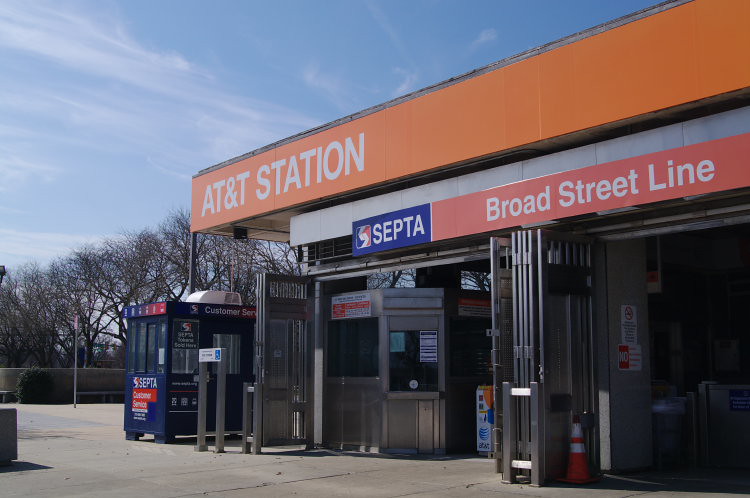 The Public Citizen's Commercial Alert released a public letter yesterday to MassDOT CEO and Secretary of Transport Rich Davey speaking out against the ongoing efforts to sell station names to corporations in an attempt to close the $160 million operating budget gap.
The Public Citizen's Commercial Alert released a public letter yesterday to MassDOT CEO and Secretary of Transport Rich Davey speaking out against the ongoing efforts to sell station names to corporations in an attempt to close the $160 million operating budget gap.
Commercial Alert is a Washington, D.C.-based consumer rights advocacy group under Public Citizen whose agenda is to 'keep commercial culture within its proper sphere, and to prevent it from exploiting children and subverting higher values of family, community, environmental integrity, and democracy.'
This news came in yesterday evening from the Metro and was mentioned in this morning's paper.
If the budget gap isn't closed, the MBTA may have to reduce service or cut certain services entirely, but if the MBTA continues this path, the amount it will gain from the naming rights sale to close the gap is dubious. While Commercial Alert's primary objection to station naming rights is mostly to do with their issue with over-commercialisation and the idea that the city is explicitly endorsing certain products, behaviours, services, and corporations through naming stations after corporations, they also pointed out a fact that we have seen before:
As you know, attempts to sell naming-rights to T stations have not been successful in the past. Taken together, the lack of interest from corporations and the vehement opposition of citizens to these past plans should be enough to suggest that selling naming rights is still not the right direction for the MBTA. Not only does this plan compromise the public nature of transit services in the Boston area, it is also unlikely to alleviate the financial strain the MBTA is currently facing. In other cities, transit naming rights schemes have not yielded significant revenues. In Philadelphia, the recent deal between Southeastern Pennsylvania Transportation Authority and AT&T will yield $3 million over five years. In New York, a twenty year deal to rename a Metro Transit Authority station after Barclay’s will yield only $200,000 per year. Were the MBTA able to raise similar revenues from its planned naming rights sales, they would amount to a drop in the bucket when compared to the reported $150 million deficit the MBTA faces for fiscal year 2013. Moreover, private corporations stand to benefit from any revenues the Transit Authority is able raise; consulting firms in the aforementioned examples have taken significant cuts of sales revenues, as they will in Boston.
While we may need to pinch pennies and make every dollar count (which the old MTA CEO set out to do earlier this year), we need to decide if selling the names of our stations is worth the effort. Before we can make that assessment, we need to wait for IMG Worldwide to finish their assessment of the market; no doubt they will find tepid interest from corporations as has been the case in the past and for other systems.
